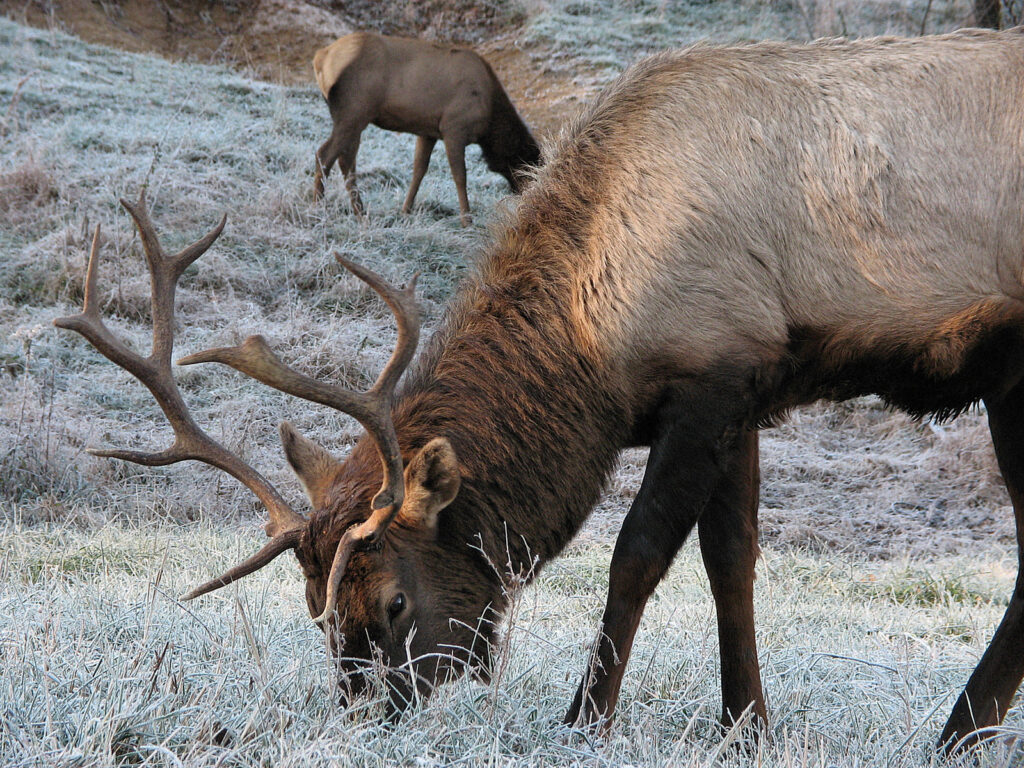This article was originally published in Capital Press.
With hunting season underway, a familiar challenge unfolds. Hunters seek publicly managed wildlife, but much of the prime habitat is owned by private landowners. While most landowners aren’t opposed to granting access to responsible hunters, they understandably don’t want to open their gates to every Joe Schmoe with a rifle. And while most hunters respect property rights, no hunter can spend all their free time knocking on landowners’ doors asking for permission to hunt.
It’s a classic problem of supply and demand. How can the demanders of wildlife (hunters) connect with the suppliers of wildlife habitat (landowners) in a way that promotes win-win cooperation instead of conflict and resentment? Fortunately, as new technologies emerge, some entrepreneurs are taking a shot at solving this problem—and the early results are promising, to the benefit of both hunters and landowners.
One leader in this space is LandTrust, a startup based in Bozeman, Montana. LandTrust uses an online marketplace to provide hunting opportunities on private lands. Think of it like Airbnb, but for private land recreational access. Any landowner can enroll, set their own rules and prices, and manage who has access to their property and for what purposes. Hunters can browse available hunting opportunities and request daily bookings at hundreds of properties across the country.
This innovative approach has the potential to solve many of the West’s bitter hunting-access debates, which often pit landowners against sportsmen. Landowners can earn extra revenue from allowing managed hunting, while hunters gain exclusive access that would otherwise be difficult to find. And it’s not just for the uber-rich, either. Hunting opportunities on LandTrust are available in some areas for as little as $50.
Such a platform can be used to enhance access for a variety of recreational purposes. On LandTrust, landowners can opt to allow walk-in access across their property, allowing users to unlock access to parcels of public land that are otherwise inaccessible or difficult to reach. And if hunting’s not your game, LandTrust can be used to find opportunities for fishing, hiking, horseback riding, and even bird watching.
Other examples are popping up elsewhere. The Alberta-based Canadian Land Access System uses a similar online interface to provide access to private lands for hunting, fishing, biking, and other forms of outdoor recreation. Users book access to a property and then scan in and out at access sites, notifying the landowner of their presence and allowing users to receive up-to-date access rules. Hipcamp uses a related model for camping on private lands throughout North America.
The benefit of these systems is not just that they connect supply and demand—it’s also in how they build trust among users. The platforms verify users’ identification, require prepayment via credit card, and provide dual rating systems to ensure accountability and weed out bad actors. They also solve another crucial access challenge: liability. LandTrust, for example, provides landowners with general liability insurance and handles all waivers from users, giving landowners peace of mind that they can allow access without exposing themselves to liability risks.
Such an approach could generate immense benefits for ranchers and farmers and the wildlife they support, which in turn benefits all hunters. Market approaches like this enable landowners to diversify their incomes and help sustain large working landscapes from the threat of subdivision or other land uses. And they are far better than mandates, regulation, and other government-led approaches to enhance access, which can backfire by straining relationships between landowners and sportsmen.
The wildlife that hunters enjoy doesn’t fall from the sky. Its survival often depends on the private landowners who provide habitat. The more we can do to support entrepreneurial solutions that help landowners continue to provide habitat while also enhancing public access, the better off we all will be—hunters and landowners alike.




